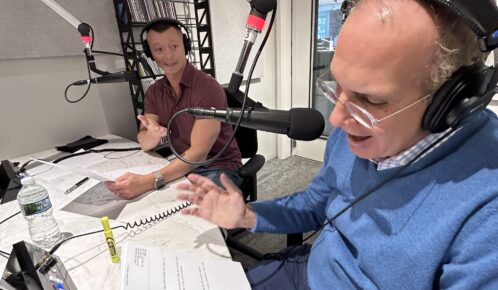Social Security Disability Insurance provides benefits to people who are considered disabled and have paid enough money into the Social Security system. In some cases, there are social security benefits for ex spouses available. The dependent family members of SSD beneficiaries, such as spouses or children, may also receive dependent Social Security benefits. Spouses may still be able to collect benefits after a divorce. A Social Security disability attorney can help people answer the question – can an ex spouse collect social security?
Table of Contents
Social Security Benefits for Ex Spouses
An SSD beneficiary’s earnings record does not have to exceed a special threshold to support ex-spouse’s benefits. If the beneficiary receives SSD benefits, the ex-spouse can also collect benefits, as long as the following conditions are met:
- The ex-spouse is at least 62 years old.
- The marriage lasted more than a decade.
- The ex-spouse is not eligible to collect a larger benefit based on a personal earnings record or the earnings record of someone else.
- The ex-spouse has not remarried.
Can an ex spouse collect social security benefits if the disabled spouse was not collecting disability at the time of the divorce? If the disabled spouse was not receiving SSD benefits at the time of the divorce, another criterion applies. The spouses must be divorced for at least two years before the disabled spouse files the claim. If the disabled spouse files for benefits within two years of the divorce, the ex-spouse cannot collect a benefit.
An ex-spouse may also qualify for a mother’s or father’s benefit if he or she cares for the beneficiary’s child. The child must suffer from a disability or be younger than age 16. If the child is older than 22 and disabled, the child must have developed the condition before age 22.
Factors Affecting Social Security Benefits for Ex Spouses
After the initial determination of social security benefits for ex spouses, other factors may affect the ex spouse’s ability to collect benefits. In some cases, an ex-spouse’s new marriage may not result in permanent benefit loss. If an ex-spouse marries someone else who collects benefits, such as survivors benefits, the ex-spouse’s benefit eligibility is not affected. Additionally, if an ex-spouse marries again and the marriage ends in divorce, annulment or death, the ex-spouse may be able to resume collecting benefits off the beneficiary’s earnings record.
The remarriage of the beneficiary has no impact on the ex-spouse’s benefit entitlement or award amount. Furthermore, an ex-spouse can receive benefits even if a beneficiary’s other dependents, such as a current spouse, also collect benefits. The benefit an ex-spouse receives has no effect on the benefit that the beneficiary’s current spouse or children receive, and vice versa.
Sometimes, an ex-spouse’s own work history may impact his or her benefit amount. If an ex-spouse once worked a government job that did not pay Social Security taxes, the ex-spouse’s SSD benefit is generally reduced by two-thirds of his or her monthly pension payment.
Requesting Benefits
Spouse’s benefits are not awarded automatically. Ex-spouses must contact the Social Security Administration to apply. After providing proof of personal identity and the marriage, ex-spouses who qualify for benefits should receive them without further consideration.
Requesting social security benefits for ex spouses can be confusing and difficult. An ex spouse may not understand all the qualifying criteria or other factors that affect his or her ability to collect benefits. However, a social security disability attorney can help ex spouses understand their rights and file for benefits. Ex spouses should not be denied benefits because understanding the law can be difficult.



